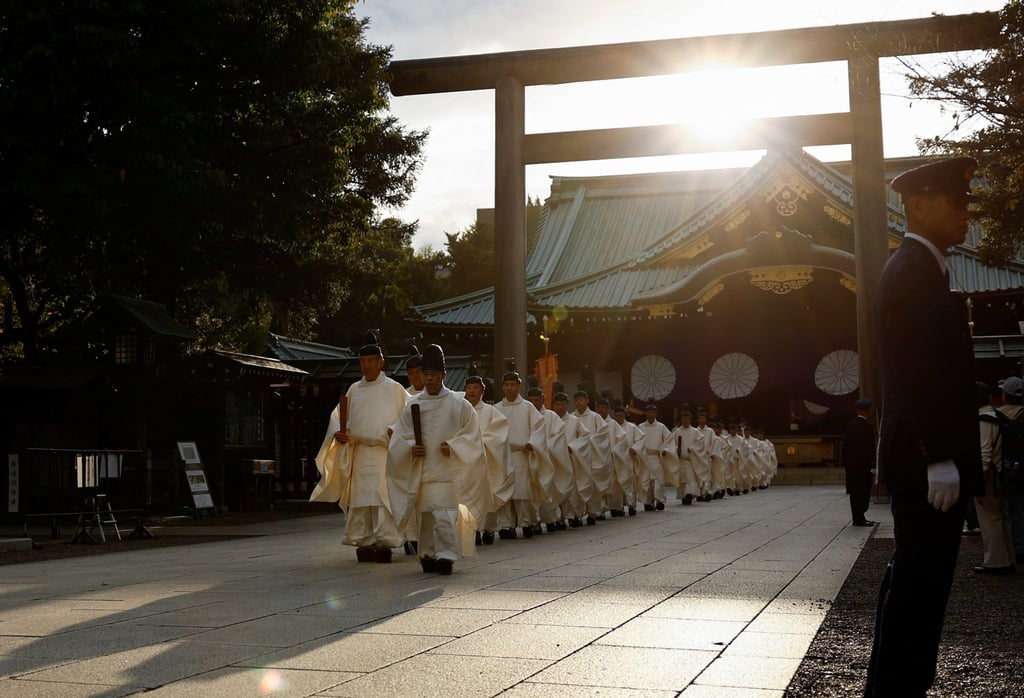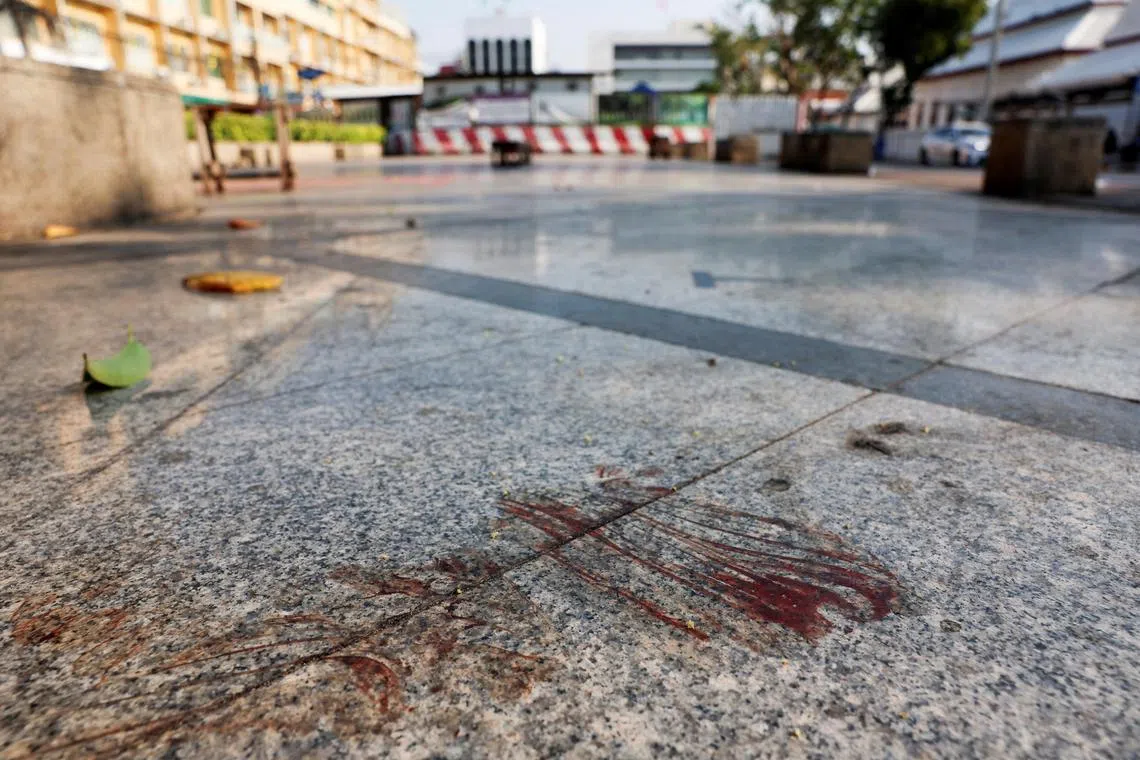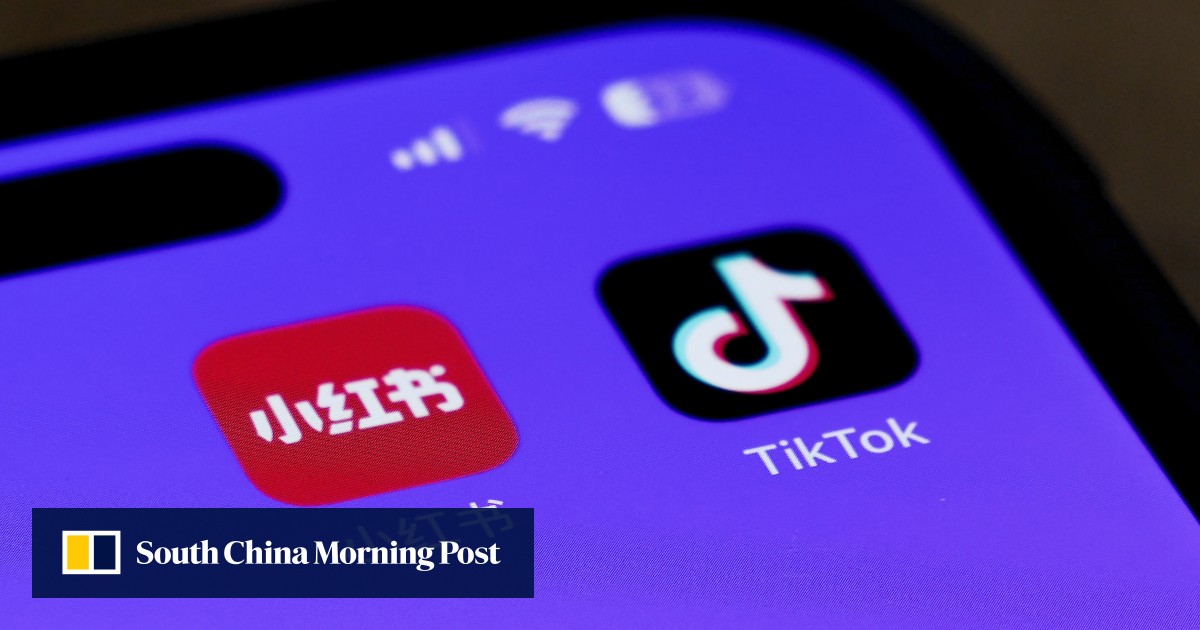A verdict by Japan’s top court in a case involving a group of South Koreans who sought to have their relatives’ names removed from the highly controversial Yasukuni shrine has reopened wounds of Tokyo’s colonial rule over the Korean peninsula.
In a final ruling on Friday, the Supreme Court in Tokyo said the names could not be removed from Yasukuni as the plaintiffs’ relatives were Japanese nationals. The case was originally filed in 2013 by 27 South Koreans whose relatives had died fighting for Japan during World War II.
Speaking outside the court in Tokyo on the same day, Yonhap News quoted Park Nam-soon, one of the plaintiffs, as saying: “I am completely at a loss and dumbfounded. I do not know what to say.”
Park said her family was only informed that her father was enshrined at Yasukuni in the 1990s. But the court ruled that as her father had been added to the shrine’s register in 1959, and as such, the 20-year statute of limitations for any legal challenge expired in 1979.
“We are not asking for money. We are only asking for their names to be removed for their honour,” Park told reporters, adding that the plaintiffs would continue their legal fight “to the end”.

Kim Young-hwan, a representative of South Korea’s Centre for Historical Truth and Justice, said it was “unacceptable” that the 20-year statute of limitations expired more than a decade before the plaintiffs found out that their family members were being remembered at the shrine.

 By South China Morning Post | Created at 2025-01-20 08:01:27 | Updated at 2025-01-20 11:23:57
3 hours ago
By South China Morning Post | Created at 2025-01-20 08:01:27 | Updated at 2025-01-20 11:23:57
3 hours ago








